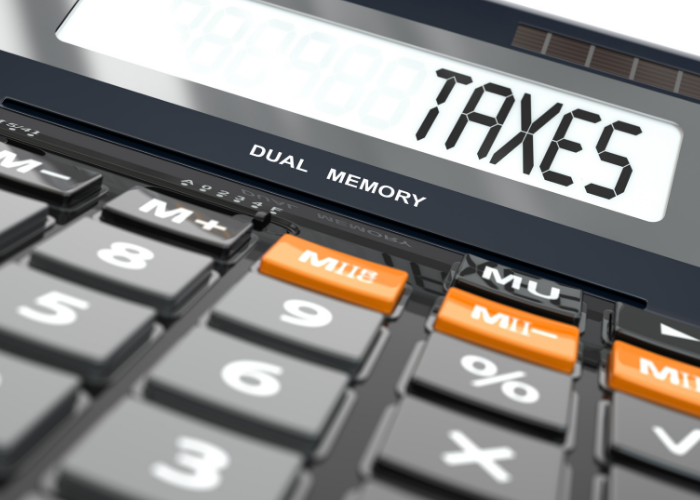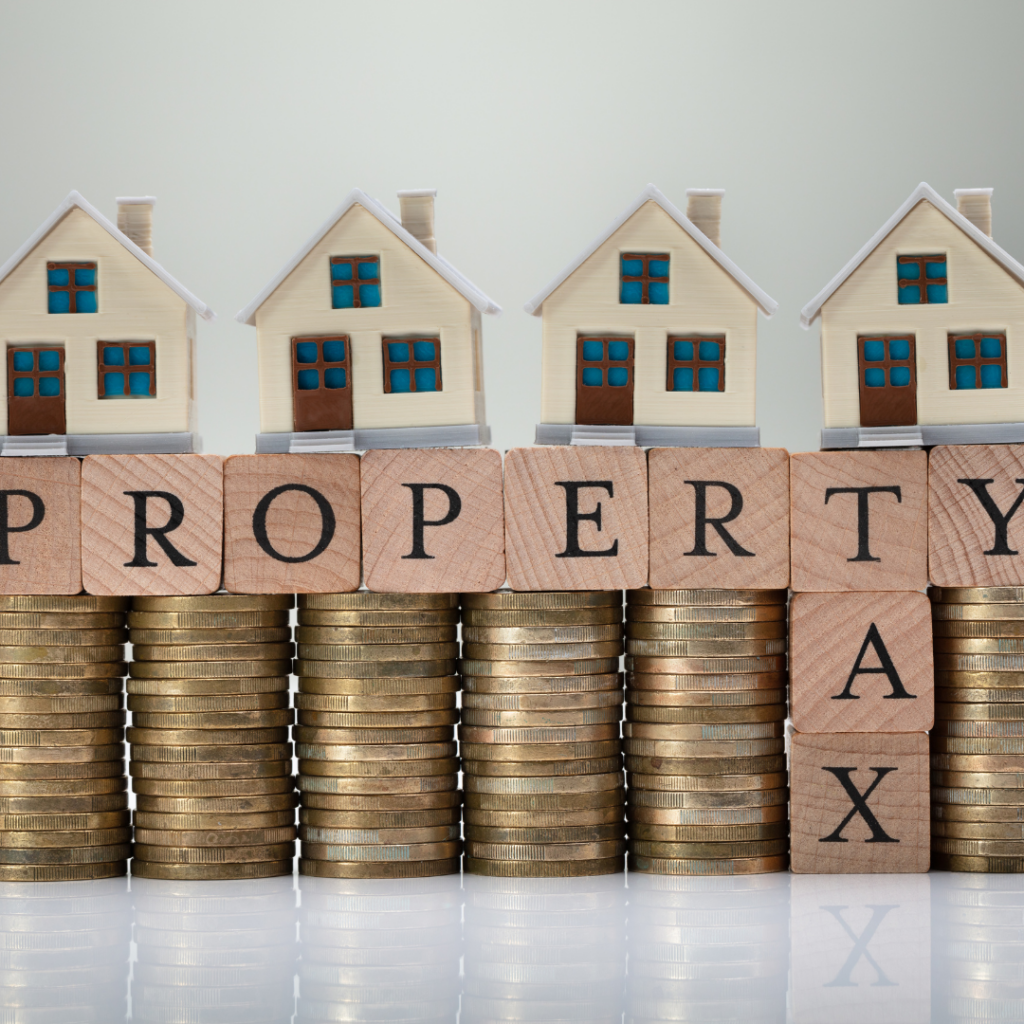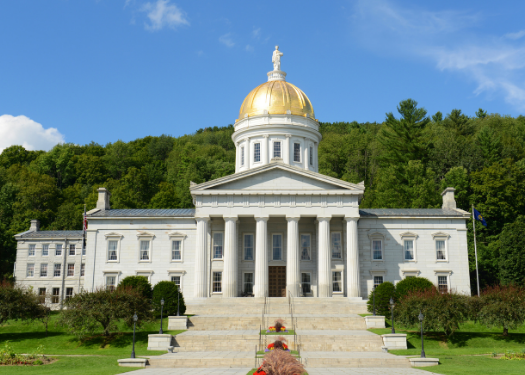TAXES
Given the economic conditions already facing the Vermont business community, a legislative spending spree would further threaten the economic sustainability of our communities. Unfortunately, the sentiment among some legislators appears to be that we can spend our way out of several crises. We’ve all become far too comfortable using our aging population as a talking point, instead of a precipice for decisive change. Our demographic crisis is deeply aligned with the inability of people to afford to move here or to stay.
We need action that corrects systems that are not working instead of increasing taxation on residents and businesses. In doing so, we can secure Vermont’s future as a vibrant and welcoming place for all, today and tomorrow.
Issue Updates
Taxing committees continue to look at opportunities to raise new taxes. In some cases, these are aimed at reducing the 19% property tax increase facing Vermonters. The Vermont Chamber is continuing to raise concerns about the cumulative impact of the taxing proposals under discussion and their impact on affordability for the business community. Taxes under discussion this week included: A cloud tax that is projected to raise $20 million, only a drop in the bucket of the over $200 million shortfall. A tax on streaming services that would have a specific target such as propping up funding for PEG television. A retooling of the corporate tax to move to worldwide combined reporting, a challenging regulation on businesses headquartered outside of the US which provide services to Vermonters. A 3% surcharge on Vermont wage earners that make over $500,000 a year either single or combined if filing jointly.
March 1, 2024
Cloud Tax: The measure was removed from the telecommunications bill and the committee stated intentions to add it to the routine property tax yield bill. Given the disruption in school funding discussions this year, the timeline for this legislation remains unclear.
February 16, 2024
Property Taxes: A purpose statement was added to a bill that was voted out of the House to repeal the 5% cap on tax rate increases originally set by Act 127 for school funding which would have put the spending burdens over 5% on non-homestead taxpayers. The statement highlights that the current measure is only a temporary fix and that the legislature will need to make additional major education system fixes this year. The bill is in consideration in Senate Finance this afternoon with a potential vote scheduled.
February 16, 2024
Personal Income Tax on Unrealized Capital Gains: This proposal has been met with many questions on how such a tax could be implemented and how a taxpayer could value assets.
February 2, 2024
Wealth Tax: This tax was covered in both the House and Senate this week with discussions on how a surcharge on income over $500,000 or a new tax bracket on higher wage earners would work. The potential for tax flight was also hotly debated.
February 2, 2024
Worldwide Combined Reporting on Corporate Tax: The Department of Taxes gave the House Ways and Means Committee an overview of how Vermont currently taxes companies on foreign income. The testimony demonstrated that this is already an area where Vermont is extracting significant tax, raising the question of why this measure is necessary.
February 2, 2024
Property Taxes: In advance of a joint hearing, several business organizations sent a joint memo to the chairs of key committee chairs. It raised collective concern regarding the potential implications of the current challenges in education finance for small businesses and urged legislators to take immediate action to address the issue within the Budget Adjustment Act.
January 26, 2024
Military Pensions: The Governor’s proposed FY25 budget includes $3 million to exempt military retiree pensions from Vermont income tax.
January 26, 2024







